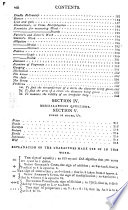 | Daniel Adams - Arithmetic - 1807 - 248 pages
...question, by placing the three conditional terms in such order, that that number which is the ctmse of gain, loss, or action, may possess the first place...time, or distance of place, the second ; and that which is the gain, loss, or action, the third." " 2. PLACE the other two terms, which move the question,... | |
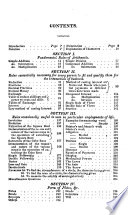 | Daniel Adams - Arithmetic - 1816 - 222 pages
...the first does to the second and third. RULE. 1 . Stateihc question, by placing the three conditional terms in such order That that number which is the...place ; that which denotes space of time, or distance ef place, thr ¿econd; bnd that which is tire gain, loss, or action, the third," 2. '• Place the... | |
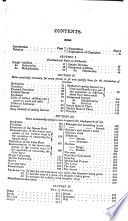 | Daniel Adams - Arithmetic - 1817 - 252 pages
...first does to the second and third. RULE. 1. " State the question, by placing the three conditional terms in such order that that number which is the...time, or distance of place, the second ; and that which is the gain, loss, or action, the third." 2. " Place the other two terms, which move the question,... | |
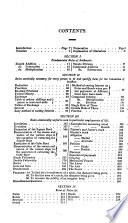 | Daniel Adams - Arithmetic - 1820 - 242 pages
...third. RULE. 1. " Stnte the question, by placing the three conditional terms in such order th'it (hat number which is the cause of gain, loss, or action,...time, or distance of place, the second ; and that which is the gain, loss, or action, the third." 2. " Place the other two terms, which move the question,... | |
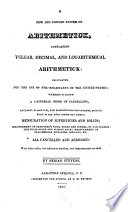 | Beriah Stevens - Arithmetic - 1822 - 436 pages
...and third. RULE. 1. State the question, by placing the three conditional terms in such order that the number which is the cause of gain, loss or action, may possess the first place ; that which denotes spaces of time or distance •of place, the second ; and that which is the gain, loss, or action the... | |
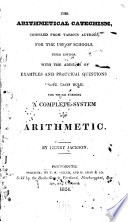 | Henry Jackson - Arithmetic - 1824 - 172 pages
...that the number which is the cause of g.iin, loss, or action, may possess the first place ; that wnich denotes space of time, or distance of place, the second, and that which is the gain, loss or action, the third ; place the other two ternw, which move the question,... | |
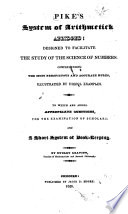 | Nicolas Pike, Dudley Leavitt - Arithmetic - 1826 - 214 pages
...240. How is it dislinguishedfrom Sim RULE. 1 . State the question, by placing the three conditional terms in such order that that number which is the...time, or distance of place, the second ; and that which is the gain, loss, or action, the third. 2. Place the other two terms, which move the question,... | |
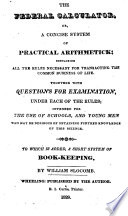 | William Slocomb - 1828 - 160 pages
...third. RULE. 6 1. State the question, by placing the three conditional terms in such order, that the number which is the cause of gain, loss, or action,...of time, or distance of place, the second, and that which is the gain, loss, or action, the third. 2. Place the other two terms, which mcrve the question,... | |
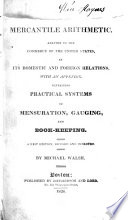 | Michael Walsh - Arithmetic - 1828 - 318 pages
...conditional terms in this order: that which is the principal cause of gain, loss, or action, possesses the first place ; that which denotes space of time or distance of place the seconi!; and that which is the gain, loss, or action, the third: then place the other two terms, which... | |
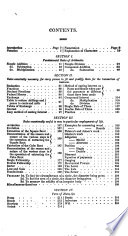 | Daniel Adams - Arithmetic - 1830 - 232 pages
...terms in such order that that number which is the cause of gain, loss, or action, may possess the ftrst place ; that which denotes space of time, or distance of place, the second ; and that which is the gain, loss, or action, the third." 2. " Place the other two terms, which move the question,... | |
| |